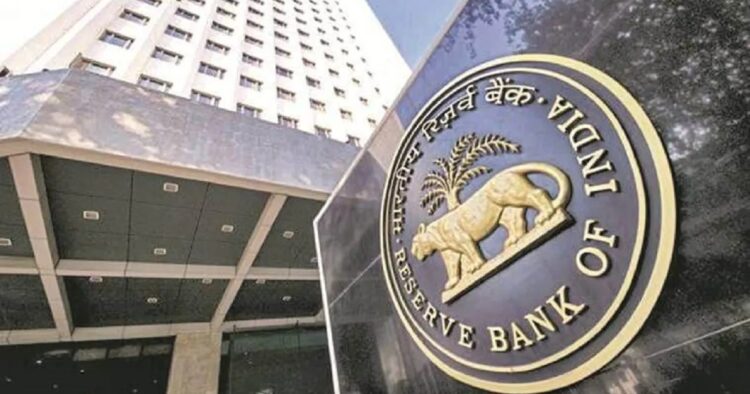The Reserve Bank of India (RBI) has introduced updated guidelines on how banks should handle fraud cases, following a Supreme Court ruling on fairness for borrowers. Effective July 15, these guidelines emphasize the importance of natural justice in fraud classifications.
Under the new rules, banks must have a board-approved policy outlining responsibilities for managing fraud risks. This policy should detail the roles of both the board and senior management in fraud prevention and management.
One of the key changes mandates that banks must ensure natural justice principles are followed before classifying individuals or entities as fraudulent. This includes issuing detailed show cause notices to those under scrutiny, providing at least 21 days to respond, and delivering a reasoned order once a decision is made.
To enhance fraud detection, banks are required to establish a ‘Special Committee of the Board for Monitoring and Follow-up of cases of frauds’. This committee, comprising at least three board members and chaired by an independent or non-executive director, will oversee fraud cases.
In addition, the framework for early warning signals (EWS) and red-flagging of accounts (RFA) has been bolstered. Red-flagged accounts, identified by suspicious activities, will undergo a thorough investigation, possibly involving external or internal audits.
The revised guidelines also stress the importance of robust risk management systems. Banks are encouraged to establish data analytics and market intelligence units to strengthen their ability to detect and prevent fraud. These units will aid in timely reporting to law enforcement agencies and supervisors.
These directives extend to regional rural banks, rural cooperative banks, and housing finance companies, aiming to standardize fraud risk management practices across the financial sector. The RBI seeks to promote transparency and fairness while ensuring effective fraud prevention and management.
The RBI’s latest measures represent a comprehensive effort to update and strengthen fraud risk management in India’s banking sector, aligning with principles of natural justice and enhanced oversight mechanisms. These changes are expected to foster greater trust and accountability within the financial system.

















Comments